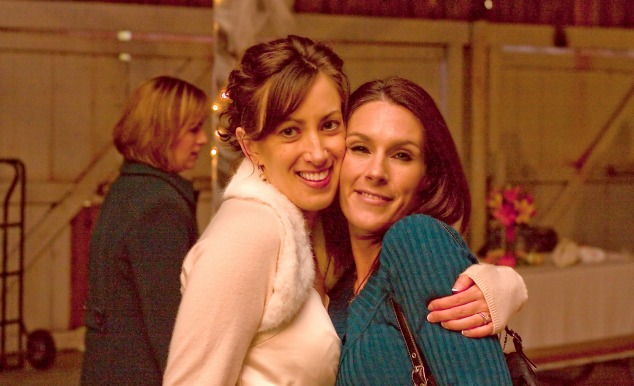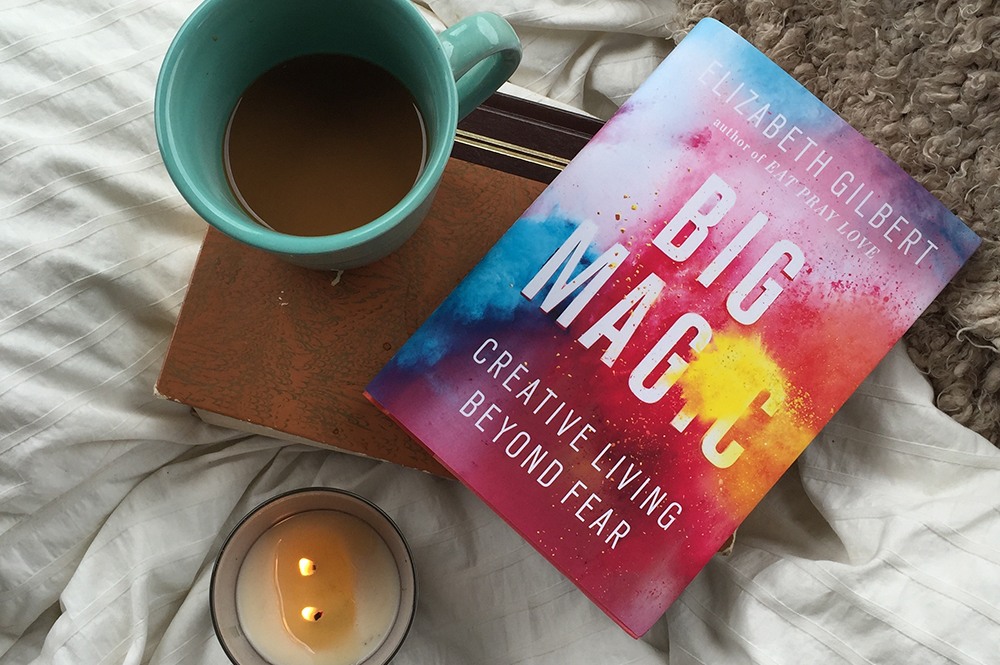On grief and purpose
I recently read that it often takes a major trauma to motivate people to discover and follow their true purposes in life. That only something monumental can shake us enough to make us examine our beliefs, get us out of our comfort zone, and put us on a more authentic path.
I’m finding that to be true, to an extent, in my own life.
Last November, I started writing a novel for National Novel Writing Month. It’s an ambitious story that deals with life purpose and authenticity and the sometimes complicated bond between soul mates. After hitting the requisite 50,000 words for NaNoWriMo, I took a step back and decided I needed to do some more research and character development before continuing. The bulk of my work since then has involved a lot of soul searching — trying to clarify the life lessons I’ve learned and the messages that I want to convey in my story.
I’m sure it isn’t unusual for writers to run into doubts during this process. I find myself questioning, what makes me think I can write something profound and inspirational? Who am I to think I can teach anything to anyone else? But lately, I have had to do exactly that. I’ve had to examine my beliefs and explain a lot of them to the 15-year-old daughter of my closest friend — a woman I’d known for more than 30 years when, almost 2 months ago, in the heat of an argument and under the influence of antidepressants and alcohol, she forced open the passenger door of her husband’s minivan as he drove down the highway and tumbled into the path of an oncoming vehicle. And now there is a shattered teenager asking me questions like, what happens when you die? Is it like what they say about heaven and hell or is it something else? Questions that I’d long ago contemplated and answered to my own satisfaction, but my positions on the subject hadn’t yet been challenged by actual tragedy, much less called upon to comfort a girl faced with unspeakable grief.
So I’ve been doing a lot of spiritual work. For me, this means things like reading books about past-life regression and meditating and going to therapy. Avoiding other sources of stress as much as possible and simplifying my schedule to the degree that I am able. Even just going to bed earlier. It’s been helpful — and in its own way, even rewarding — to focus on my emotional needs for a while. To just let myself mourn.
I don’t think it’s a coincidence that the exact things I have needed to do to try to heal from this are the same things I need to do in order to be able to write my book. And I think she would be glad for that — that I am using my grief to fuel my writing. I would give anything to have my friend back, but she would want me to do something useful with this experience. The last time I saw her, we talked about my book. She was blown away, as was I, by some recent developments in my research that significantly enhanced my plot outline. She didn’t want to talk about anything else — not what was going on in her own life, not her ongoing emotional issues that had driven her to go on this medication that made her feel a little bit crazy. Just my book. She was my biggest fan. She believed in me more than anyone else. Before, writing this book was important to me, but now it’s essential. Now it’s for her.
As for her daughter, I told her the truth: that I believe her mother is still with us, watching over us and smiling. That she’s glad we talk often. That she’s proud of her for the way she’s getting through this. That we have been together before in other lifetimes and will be again. That there is no heaven or hell, but that we all go to the same place — a place full of love and light where there is no judgment or punishment, just our loved ones waiting for us and the chance to review what we learned or failed to learn. That there are always more chances to get things right. This is what gives me strength.
Karen Eisenbraun
Related Posts
Leave a Reply Cancel reply
Categories
- Books (13)
- Nutrition (1)
- Personal growth (9)
- Spirituality (2)
- Writing (2)








